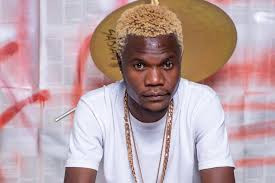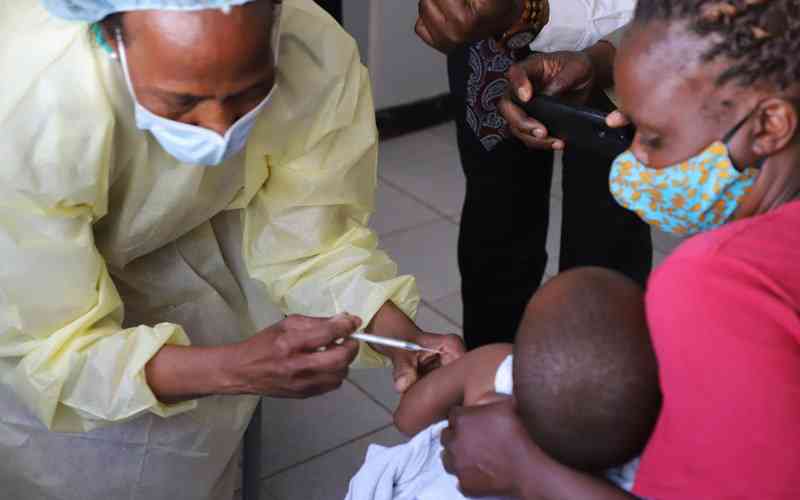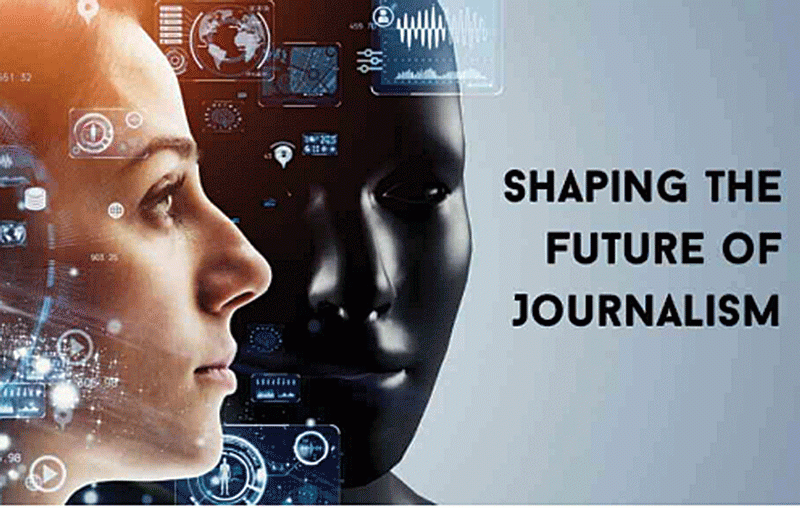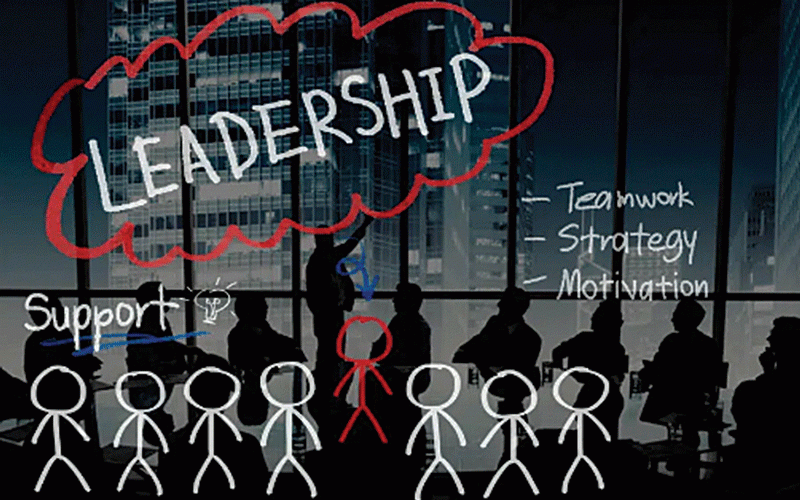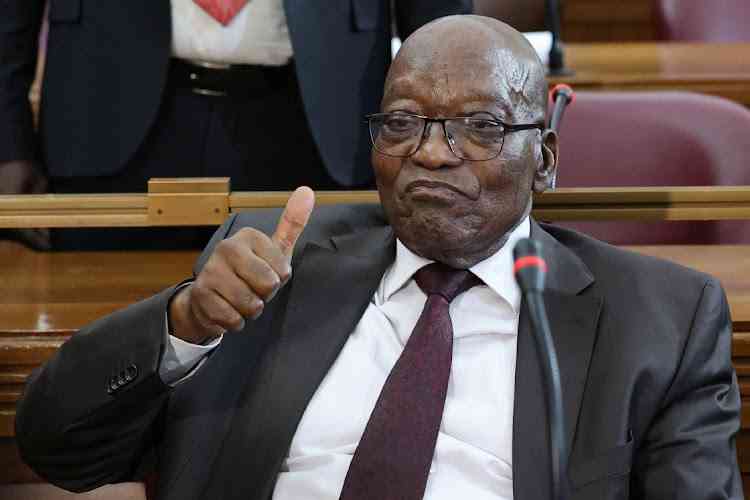
SOUTH Africa goes to the polls on May 19 this year for general elections to choose a new National Assembly and the provincial legislature in each province.
This will be the seventh general election held under the conditions of universal adult suffrage since the end of the apartheid era in 1994.
For a country that is now 30 years old, it can be credited for keeping the socio, political and economic situation together for a much longer time than many African countries.
It can be argued that South Africa got its independence under different conditions, among which include the African leadership was not given adequate power to control the economy, the Judiciary, and the media and this left them at the whims of the former levers of power.
It can well be argued that, perhaps, South Africa had the benefit of learning from other African countries on how to preserve the goose that lays the golden egg. Or simply that the colonial system is still running things from the background.
Whatever the case might be, the situation has evolved. The economy remains intact, but constrained in its ability to grow.
This is simply because the space is overly protected by those who control the economy.
The population has grown very fast and the demand for jobs and economic opportunities has also been growing manifesting in frustrations among the population.
- Zim headed for a political dead heat in 2023
- Record breaker Mpofu revisits difficult upbringing
- Tendo Electronics eyes Africa after TelOne deal
- Village Rhapsody: Zimbabwe desperately needs healing
Keep Reading
The ruling African National Congress (ANC) party seems lost in terms of finding solutions to address the growing challenges. In fact, what else can it do without access to power?
It can hide behind the excuse that it does not have power to adjust the economy and open more opportunities for black people. But at the end of the day, it has a constitutional obligation to take care of the welfare of its people. It is in a tough situation where they are more beneficiaries of social grants than taxpayers.
But again, it allowed itself to be pushed into a corner, where it invested much of its time and energy in fighting political battles instead of addressing national issues.
These wars, mainly with former President Jacob Zuma, are evoking emotions. He has been dragged to court many times as well as imprisoned. This has left some wondering if he is being punished when the government is supposed to focus on addressing national challenges.
Seeing that court cases seem to be driven by what he thinks are political agendas, Zuma has come out of political retirement and rejoined the political fray. Ukuzuma in isiXosa means to surprise or to make a surprise attack. He is fronting the uMkhonto weSizwe party, a political outfit that was historically linked to the ruling ANC, or allegedly so. The party claims to be a true liberation movement that “stands for the people, by the people, and with the people”.
This has once again unsettled the ANC and Zuma has been dragged to court arguing that his party is an affiliate of the ANC, before again challenging Zuma’s candidature on account of his alleged criminal conviction. Zuma has so far won all the court challenges, but his opponents seem unrelenting.
Zuma’s return to politics has unsettled the ANC and it has every reason to be worried. The ANC performed below 50% in the last local government elections — its lowest performance in 30 years.
Zuma enjoys support from the KwaZulu Natal province, which has a population of more than 12 million people. There are also more Zulu people scattered across the country.
Zuma is the only politician in South Africa who enjoys grassroots appeal across most divides and that is a cause for concern. How ANC and other parties are going to deal with this new dimension, only time will tell.
For Zuma and his party, the objective is very clear — to hurt the current ANC by taking some of its votes. Rumours indicate that all his party needs are at least 10% of the votes from ANC, which may leave the ruling party with roughly 30% of the vote, thus forcing the country into a coalition government.
In South Africa, people vote for a party. The party with the majority seats in Parliament provides a president via a parliamentary vote.
This means if the ANC does not get majority seats in Parliament, its ability to provide a president is limited unless it gets into a coalition with another party.
Or other parties can easily get into a coalition and choose a president from among themselves. This is now a huge possibility given how the situation is evolving.
The other major opposition parties such as the Democratic Alliance, Economic Freedom Fighters, Action South Africa and others are closely watching this development. This is simply because Zuma has brought a new dimension that can take most opposition parties into government quicker and get rid of the ANC government.
Is this what Zuma wants? Maybe not. He loves his ANC, but he feels the current leadership has failed the people. He wants things to change in the ANC and he thinks he can do so from outside. Even though ANC announced his suspension, Zuma has not renounced his membership of the ruling party. He has allowed himself a chance to return to the ANC directly or via the uMkhonto weSizwe affiliation.
In addition, the ANC is a tripartite alliance, which gives him more chances to return to his old party and restructure the organisation.
- Tapiwa Gomo is a development consultant based in Pretoria, South Africa. He writes here in his personal capacity.


